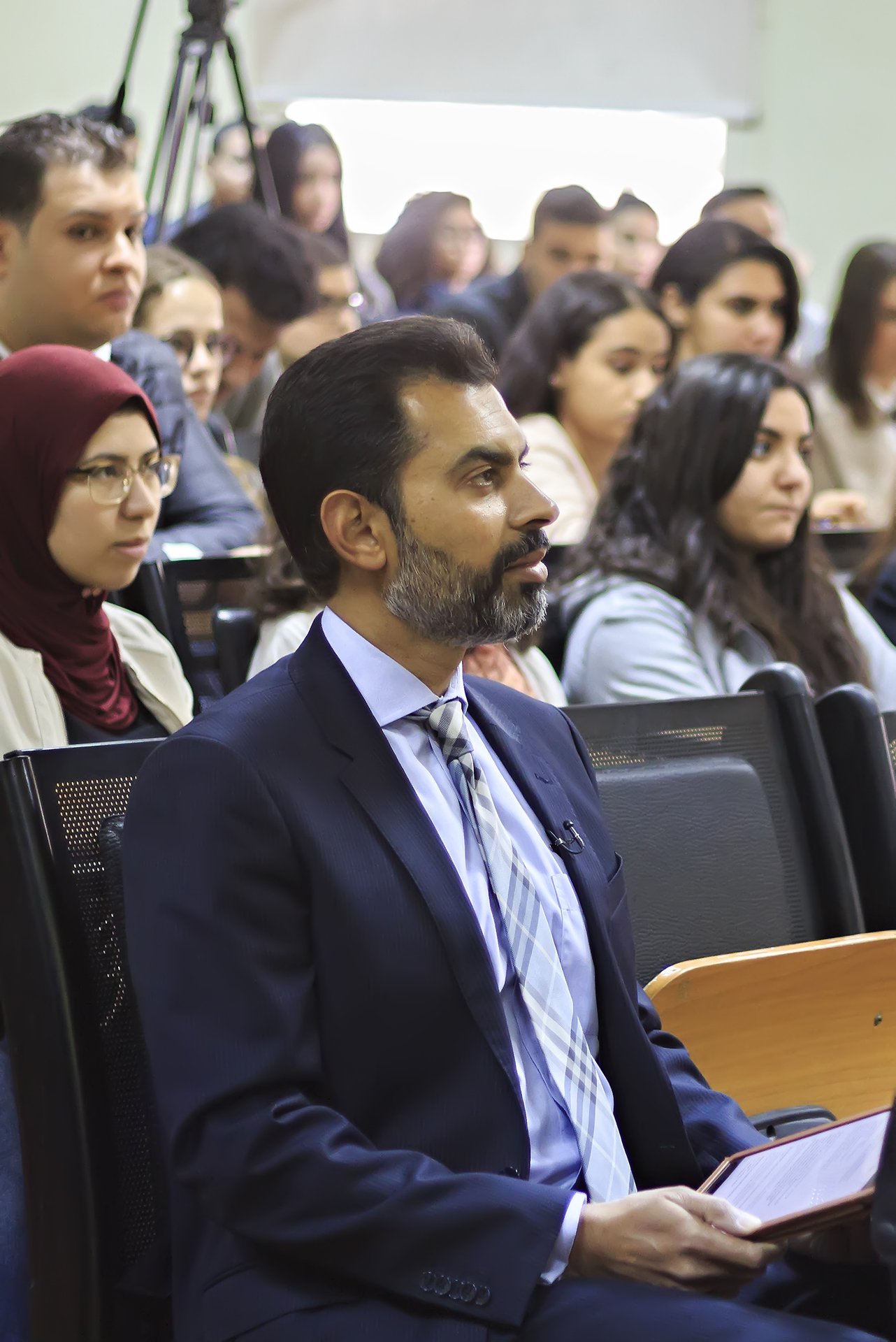
Speaking to the business community at the Faisalabad Chamber of Commerce and Industry (FCCI) on Thursday, Baqir highlighted the various steps taken to turn the deficit into surplus and said in the first six months of the current fiscal year, the exchange rate had switched from a fixed to a market-driven regime.
He added that imports had come down while exports recorded a modest growth and the SBP was optimistic that more facilities would be offered to the private sector.
Comparing Pakistan and Egypt, the central bank governor pointed out that in Egypt the exchange rate was increased by 125% within 24 hours but in Pakistan only 55% rupee depreciation was recorded over a period of 18 months. Regarding interest rate, he said in Egypt the rate had jumped to 18-19% while in Pakistan it was still 13.25%.
Turning to inflation, Baqir said the reading was 30-35% in Egypt while it was only 12% in Pakistan, though some elements had criticised heavily.
Emphasising that all macroeconomic indicators were positive, he said focus had shifted to controlling inflation and expressed optimism that within the next few months, the inflation would start falling.
As people preferred to invest their savings in the real estate, the central bank was making efforts to route these investments through the banking channels, he said.
Baqir pointed out that there were only a few countries such as Sudan, Ethiopia, Yemen and Afghanistan whose exports-to-GDP ratio was less than 10%, adding that Pakistan’s exports had a huge potential which could be doubled in relation to GDP.
He also mentioned the schemes for the export sector including the Long-term Financing Facility (LTFF), which was offered at only 3% interest rate. “The SBP intends to diversify exports which have remained textile-centric,” he stressed.
“We are also working on financial inclusion and in this connection the SBP will encourage savings so that savers can get better rates of return on their savings. As the economic situation improves, the restrictions on imports will gradually be lifted.”
With focus on women entrepreneurs, the SBP governor pointed out that under a scheme, the central bank would provide financing at zero interest to commercial banks, which in turn would be allowed to receive only 5% mark-up for a period of 10 years. In this case, the SBP will also bear 60% loan risk.
However, Baqir said, due to lack of information, women were unable to opt for the facility. Earlier, forms for loan applications had seven to eight pages, which have now been reduced to only one and a half page.
“In this case, documentation is being standardised, which is expected to be introduced in February next year,” he added.
Responding to queries, Baqir told businessmen that the LTFF had a cushion of Rs25 billion. Similarly, under the Export Finance Facility (EFF), the cushion of Rs25 billion was available by December 31. However, he said, the SBP would increase the ceiling for the remaining fiscal year.
The central bank governor announced that a knowledge management system would be launched next month. “It will be an online facility and applicants will be able to know the status of their loan applications by entering their transaction code.”
Published in The Express Tribune, December 20th, 2019.
Like Business on Facebook, follow @TribuneBiz on Twitter to stay informed and join in the conversation.








1733260913-0/image-(6)1733260913-0-270x192.webp)








COMMENTS
Comments are moderated and generally will be posted if they are on-topic and not abusive.
For more information, please see our Comments FAQ